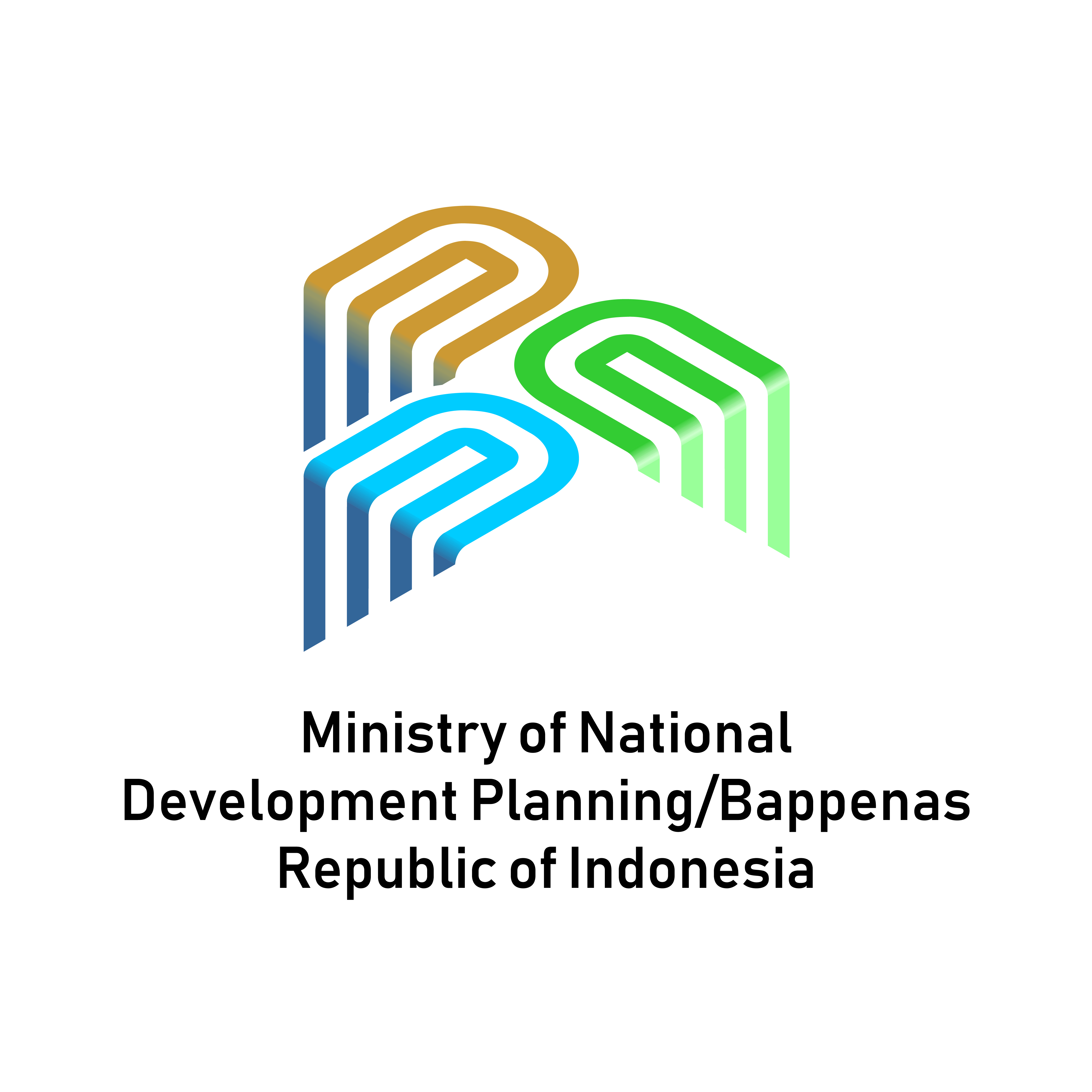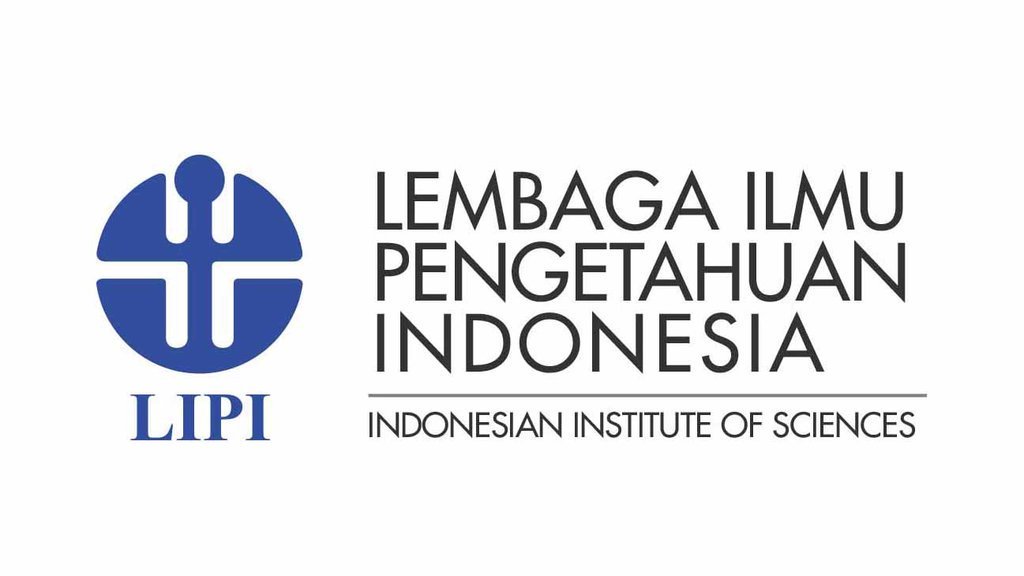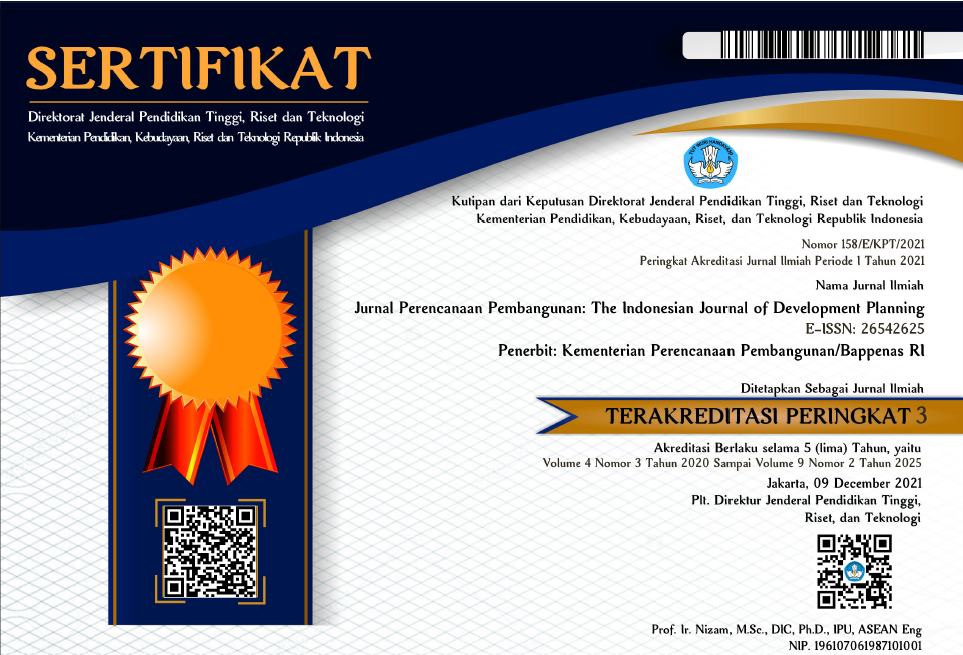The Role of Russian Cyber Operations in The Russian–Ukraine War in Achieving Russia's Strategic Objectives
DOI:
https://doi.org/10.36574/jpp.v8i1.470Keywords:
cyber-attacks, cyber operations, cyber war, hybrid warfare, Russia–Ukraine warAbstract
Experts predict that there will be a cyber war when Russia invades Ukraine. Russia is expected to use offensive cyberattacks to create surprise and undermine Ukraine's defenses and morale. Cyberattacks are seen as sufficient to achieve Russia's goals without the need for conventional military force. Cyber operations are predicted to provide strategic advantages for Russia, both as a complement to military power and as an independent instrument. This study seeks to assess the impact of cyber operations that accompanied Russia's invasion in the Russia-Ukraine conflict, considering the circumstances and conditions of the situation. The research approach is a qualitative analysis of literature about the Russia-Ukraine conflict. The results show no evidence to support that Russia's cyber operations measurably affect the course of the conflict, provide tactical advantages, or observable strategic value. Cyber operations tend to produce effects that are immeasurable and difficult to control fully. Cyber operations are not a replacement for military force but can complement military operations. They can be effective for data gathering or disruptive operations, especially in gray zone conflicts. Proper planning, preparation, and resource allocation are necessary for successful cyber operations.
Downloads
References
Antoniuk, Daryna. (2022). Lessons learned from Russia’s cyber-attacks targeting Ukraine. Available from https://therecord.media/report-lessons-learned-from-russias- [Accessed March 24, 2023]
Bateman, Jon. (2022). Russia’s wartime cyber operations in ukraine: military impacts, influences, and implications. Available form https://carnegieendowment.org/2022/12/16/russia-s-wartime-cyber-operations-in-ukraine-military-impacts-influences-and-implications-pub-88657 [Accessed April 8, 2023]
Brantly, A., and Smeets, M., (2020). Military cyber operations. In A. McD Sookermany. Handbook of Military Sciences (pp 1-13). Available from https://link.springer.com/referencework/10.1007/978-3-030-02866-4 [Accessed March 25, 2023]
Chivvis, C. S. (2017). Understanding Russian hybrid warfare and what can be done about it. Santa Monica: RAND.10.7249/CT46. Available from https://www.rand.org/content/dam/rand/pubs/testimonies/CT400/CT468/RAN D_C [Accessed March 22, 2023]
Conceptual Views of the Armed Forces of the Russian Federation’s Action in Information Space. (2011). Available from https://nsarchive.gwu.edu/document/17098-russian-government-conceptual-views-regarding [Accessed March 24, 2023]
Connel, Michael, and Sarah Vogler. (2017). Russia’s Approach to Cyber Warfare. Available from https://www.cna.org/archive/CNA_Files/pdf/dop-2016-u-014231-1rev.pdf [Accessed April 7, 2023]
Hakmeh, Joyce, Ester Naylor, and Jon Wallace (2022). What is cyber-attack? Available from https://www.chathamhouse.org/2022/02/what-cyber- [Accessed March 22, 2023]
Harknett, J. R., and Max Smeets. (2020). Cyber campaigns and strategic outcomes. Journal of Strategic Studies, pp 1-34. Available from https://www.matthewmonte.net/wp-content/uploads/2022/05/Cyber-campaigns-and-strategic-outcomes.pdf [Accessed March 25, 2023]
Insikt Group. (2022). Overview of the 9 distinct data wipers used in the ukraine war. Available from https://www.recordedfuture.com/overview-9-district-data-wipers- [Accessed March 23, 2023]
Kaminska, Monica, James Shires & Max Smeets. (2022). Cyber operations during the 2022 Russian invasion of Ukraine: Lessons Learned (so far). Available from https://eccri.eu/wpcontent/uploads/2022/07/ECCRI_WorkshopReport_Version-24 [Accessed March 24, 2023]
Maschmeyer, Lennart. (2021). The subversive trilemma: why cyber operations fall short of expectations. Available from International Security 46:(2) (2021):51–90.
Maschmeyer, Lennart & Myriam Dunn Cavelty. (2022). Goodbye cyberwar: Ukraine as reality check. Available from https://css.ethz.ch/content/dam/ethz/special- interest/gess/cis/center-for-securities-studies/pdfs/PP10-3_2022-EN.pdf [Accessed March 24, 2023]
Maschmeyer, Lennart & Nadiya Kostyuk. (2022). There is no cyber shock and awe: plausible threats in the ukrainian conflict. War on the Rocks. Available from https://warontherocks.com/2022/02/there-is-no-cyber-shock-and-awe-plausible- [Accessed March 23, 2023]
McLaughlin, Jenna. (2023). Russia bombards Ukraine with cyber-attacks, but the impact appears limited. https://www.npr.org/2023/02/23/1159039051/russia-bombards-ukraine-with-cyber-attacks-but-the-impact-appears-limited [ Accessed April 7, 2023]
Microsoft. (2022a). An overview of russia’s cyber-attack activity in ukraine. Available from https://query.prod.cms.rt.microsoft.com/cms/api/am/binary/RE4Vwwd 3 [Accesed March 23, 2023]
Microsoft. (2022b). Destructive malware targeting Ukrainian organizations. Available from https://www.microsoft.com/en-us/security/blog/2022/01/15/destructive- malware- 25 [Accessed March 25, 2023]
Orenstein, Mitchell. (2022). Russia’s use of cyber-attacks: lessons from the second ukraine war – analysis. Available from https://www.eurasiareview.com/08062022- [Accessed March 23, 2023]
Ria Novosti. (2017). Shoigu spoke about the tasks of the information operations troops. Available from https://ria.ru/20170222/1488617708.html [Accessed March 24, 2023]
Sofaer, S. (1999). Qualitative methods: what are they and why use them? Health Services Research 34:4 Part II. Available from https://www.ncbi.nlm.nih.gov/pmc/articles/PMC1089055/ [Accessed Oktober 22, 2022]
Štrucl, Damjan. (2022). Russian aggression on ukraine: cyber operations and the influence of cyberspace on modern warfare. Contemporary Military Challenges/Sodobni Vojaški Izzivi, vol.24, no.2, 2022, pp.103-123.
Sugiyono. (2005). Memahami Penelitian Kualitatif. Bandung: Alfabeta.
Downloads
Published
How to Cite
Issue
Section
License
Copyright (c) 2024 Jurnal Perencanaan Pembangunan: The Indonesian Journal of Development Planning

This work is licensed under a Creative Commons Attribution-NonCommercial-ShareAlike 4.0 International License.
This is an open-access article distributed under the terms of the Creative Commons Attribution-NonCommercial-ShareAlike 4.0 International License. Copyright © Kementerian PPN/Bappenas RI


















